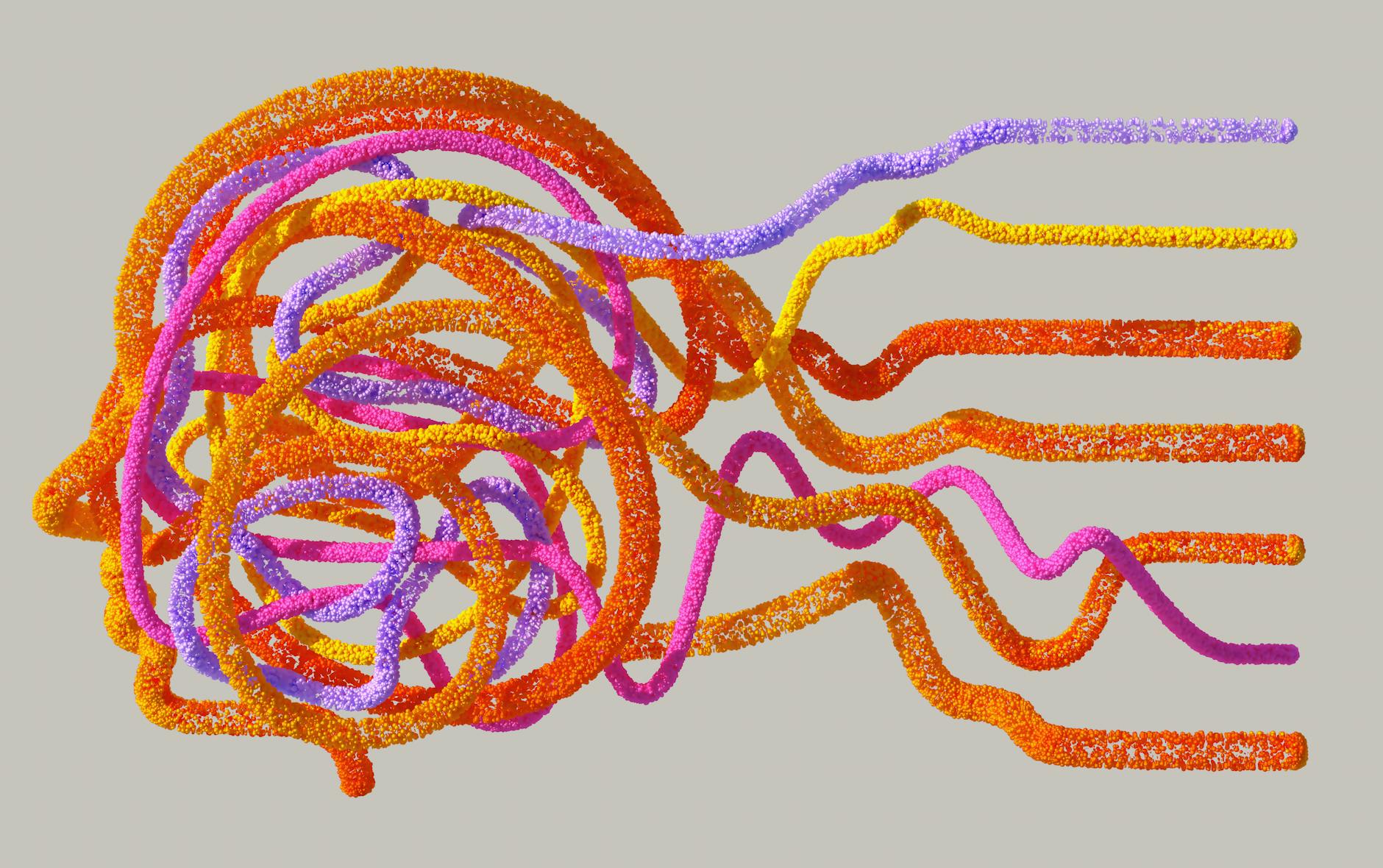
AI for Scientific Research: The Future is Here (And It’s Smarter Than You Think)
Picture this: It’s 3 AM, you’re knee-deep in research papers, and your coffee has gone cold for the third time. Suddenly, an AI tool scans 10,000 studies in seconds, highlights the most relevant findings, and even suggests a hypothesis you hadn’t considered. No, this isn’t science fiction – it’s the reality of AI for scientific research today. As someone who’s watched AI evolve from a lab curiosity to an indispensable research partner, I’m here to show you how to harness its power without losing the human touch that makes science meaningful.
Why AI is Revolutionizing Scientific Research
Remember when “AI” meant clunky chatbots and questionable predictions? Those days are gone. Modern AI tools are like having a team of hyper-focused research assistants who never sleep (and never complain about the coffee). Here’s why scientists across disciplines are embracing AI:
- Speed: Analyze datasets in minutes that would take humans months
- Pattern recognition: Spot connections invisible to the human eye
- 24/7 availability: Your lab never closes with AI on the team
- Cost efficiency: Reduce expensive trial-and-error experimentation
My First AI “Aha” Moment
I’ll never forget the first time AI surprised me. We were stuck on a protein folding problem for weeks until an AI model suggested a configuration we’d dismissed as improbable. Turns out, the “improbable” solution was correct. That humbling moment taught me that AI isn’t about replacing scientists – it’s about expanding what’s possible.
AI Tools Every Researcher Should Know in 2024
Not all AI tools are created equal. After testing dozens (and wasting time on a few duds), here are my top picks:
| Tool | Best For | Learning Curve |
|---|---|---|
| AlphaFold | Protein structure prediction | Moderate |
| Elicit | Literature review automation | Easy |
| IBM Watson Discovery | Data mining unstructured text | Steep |
| Jasper for Research | Drafting papers/grant proposals | Easy |
2025 Trends: Where AI in Research is Heading
Based on what’s brewing in labs and startups, here’s what to expect:
1. The Rise of “Co-Pilot” Science
AI won’t replace you – it will become your most knowledgeable lab partner, offering real-time suggestions during experiments like a GPS for research methodology.
2. Democratization of Supercomputing
Cloud-based AI tools will put what used to require a supercomputer in every researcher’s laptop (goodbye, grant applications for computing time).
3. AI-Powered Peer Review
Imagine submitting a paper and getting instant feedback on methodological flaws before human reviewers see it. Coming soon to a journal near you.
Balancing AI and Human Intelligence
Here’s the dirty little secret no AI vendor will tell you: The best researchers use AI like a spice, not the main ingredient. My golden rule? Let AI handle the “what” (data crunching) while you focus on the “why” (interpretation and creativity).
Pro tip: Always maintain an “AI skepticism” protocol – periodically verify AI findings with traditional methods. I once caught an AI confidently presenting correlation as causation, saving me from embarrassing retractions.
FAQs About AI in Scientific Research
Will AI make human researchers obsolete?
Not a chance. AI is a powerful tool, but it lacks human curiosity, intuition, and ethical judgment. The researchers who thrive will be those who best leverage AI as a collaborator.
How expensive are these AI tools?
Prices range from free (for basic versions) to enterprise-level costs. Start small – many tools offer free tiers perfect for dipping your toes in the AI waters.
What’s the biggest mistake researchers make with AI?
Treating AI outputs as gospel truth. Always maintain healthy skepticism and validate findings. Remember: AI can hallucinate data just as convincingly as it generates real insights.
The Bottom Line: Your AI Research Roadmap
Here’s my challenge to you: This week, try one AI tool that scares you a little. Maybe it’s letting an AI draft your methods section or analyze that dataset you’ve been avoiding. The future belongs to researchers who embrace AI as a partner – not those who fear it as competition.
Ready to supercharge your research? Drop your biggest AI question below and I’ll personally reply with actionable advice. Let’s build the future of science – together.


